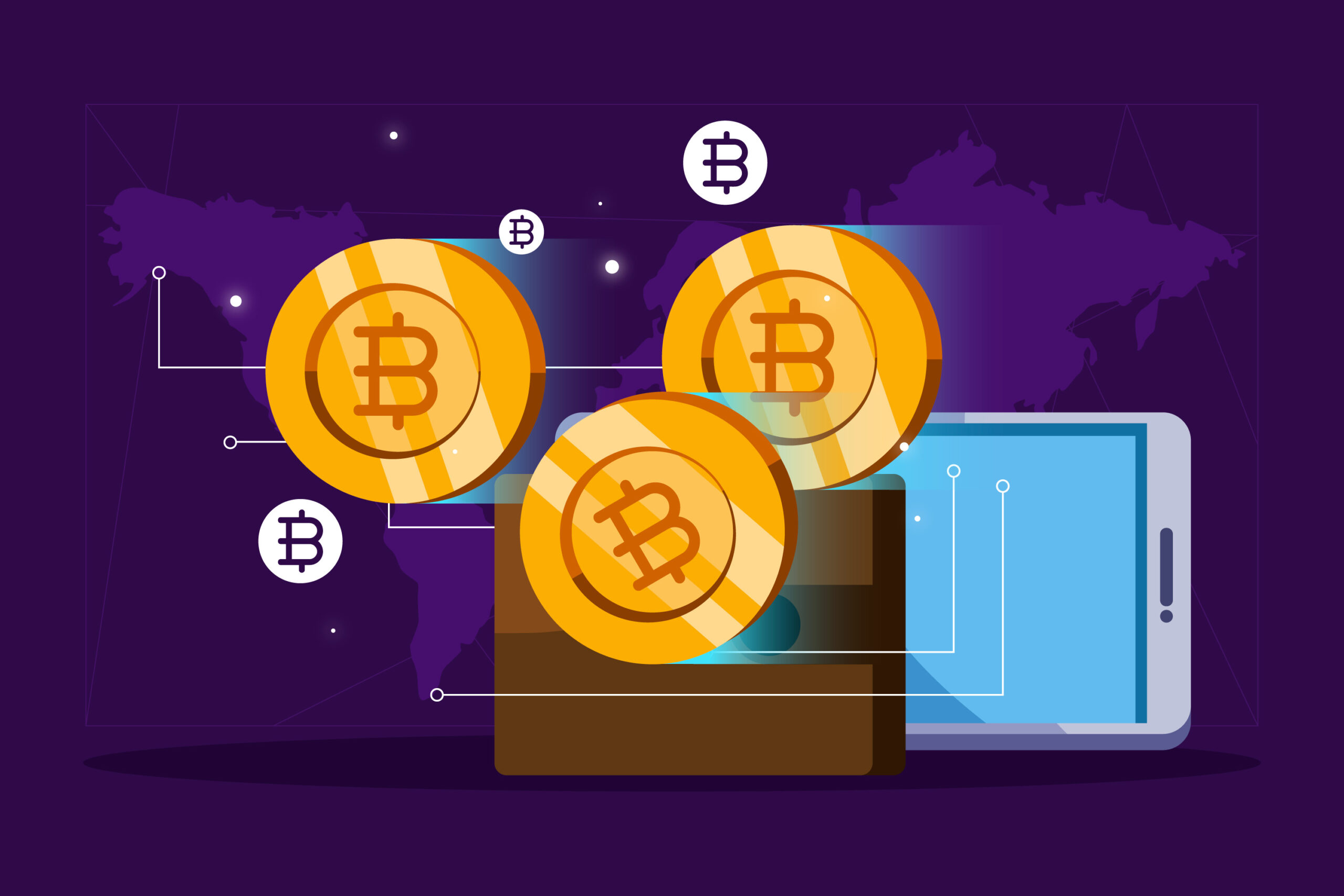The world of cryptocurrencies is rapidly developing, attracting more and more users. And one of the most important issues for every crypto enthusiast is the safe storage of their digital assets. Choosing the right crypto wallet is the key to the safety of your funds and ease of use.
There are different types of cryptocurrency wallets: hardware, software, online wallets, mobile apps. Each type has its own advantages and disadvantages, and the choice depends on your individual needs and preferences. Some users prefer the maximum security of hardware wallets, while others value the convenience of mobile apps.
In this article, we will review the best crypto wallets of 2024 to help you make the right choice. We will analyze their functionality, security, usability, and other important factors.
MetaMask
MetaMask is one of the most popular software wallets, available as a browser extension and a mobile app. It provides access to a wide range of blockchains, including Ethereum, Binance Smart Chain, and Polygon. MetaMask is ideal for interacting with decentralized applications (dApps) and NFTs.
Pros:
- Support for multiple blockchains
- User-friendly interface
- Integration with dApps
- Open source code
Cons:
- Vulnerability to phishing attacks
- Not suitable for long-term storage of large amounts
Rabbi
Rabby is a relatively new but rapidly growing wallet specifically designed to interact with dApps. It offers advanced security features and a user-friendly interface, automatically connecting to the optimal network for each dApp.
Pros:
- Improved security
- Automatic network detection
- Support for EVM-compatible blockchains
- Convenient interface for working with NFT
Cons:
- Less well known than MetaMask
- Limited support for mobile devices
Trust Wallet
Trust Wallet is a popular mobile wallet owned by the Binance exchange. It supports a wide range of cryptocurrencies and NFTs, as well as a built-in dApps browser.
Pros:
- Convenient mobile application
- Support for a large number of cryptocurrencies
- Built-in dApps browser
- Binance Integration
Cons:
- Less secure than hardware wallets
- Closed source code
MaxSwap Wallet
MaxSwap Wallet is a versatile crypto wallet that provides fast and secure access to a wide range of DeFi services and dApps, including, of course, the MaxSwap platform. It offers an intuitive interface, high transaction speeds, and advanced trading features.
Pros:
- Deep integration with MaxSwap and other DeFi platforms
- High transaction speed
- The ability to open a virtual card to pay for purchases in stores using cryptocurrencies
- User-friendly interface for DeFi
- Increased security with two-factor authentication
Cons:
- A relatively new product on the market
Coinbase Wallet
Coinbase Wallet is a mobile wallet from the popular cryptocurrency exchange Coinbase. It offers a simple and intuitive interface, supports a large number of cryptocurrencies and NFTs.
Pros:
- Simple and clear interface
- Coinbase's high reputation
- Support for a large number of cryptocurrencies
Cons:
- Less secure than hardware wallets
- Linked to a centralized exchange
Ledger
Ledger is one of the most popular hardware wallet manufacturers. Ledger hardware wallets provide maximum security for storing cryptocurrencies by storing private keys offline.
Pros:
- Maximum security
- Support for a large number of cryptocurrencies
- Open source code
Cons:
- Requires additional costs to purchase the device
- Less user-friendly than software wallets
Conclusion
Choosing a crypto wallet is an important step for every crypto user. If you value maximum security, hardware wallets like Ledger are a great choice. However, for active interaction with DeFi services and dApps, software wallets offer greater flexibility and convenience. MaxSwap Wallet stands out for its deep integration with DeFi and focus on security and transaction speed, making it an attractive option for a wide range of users.
Regardless of your choice, always keep security in mind and follow the recommendations to protect your cryptocurrencies.



